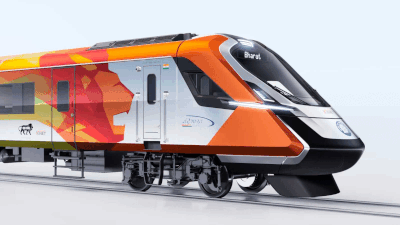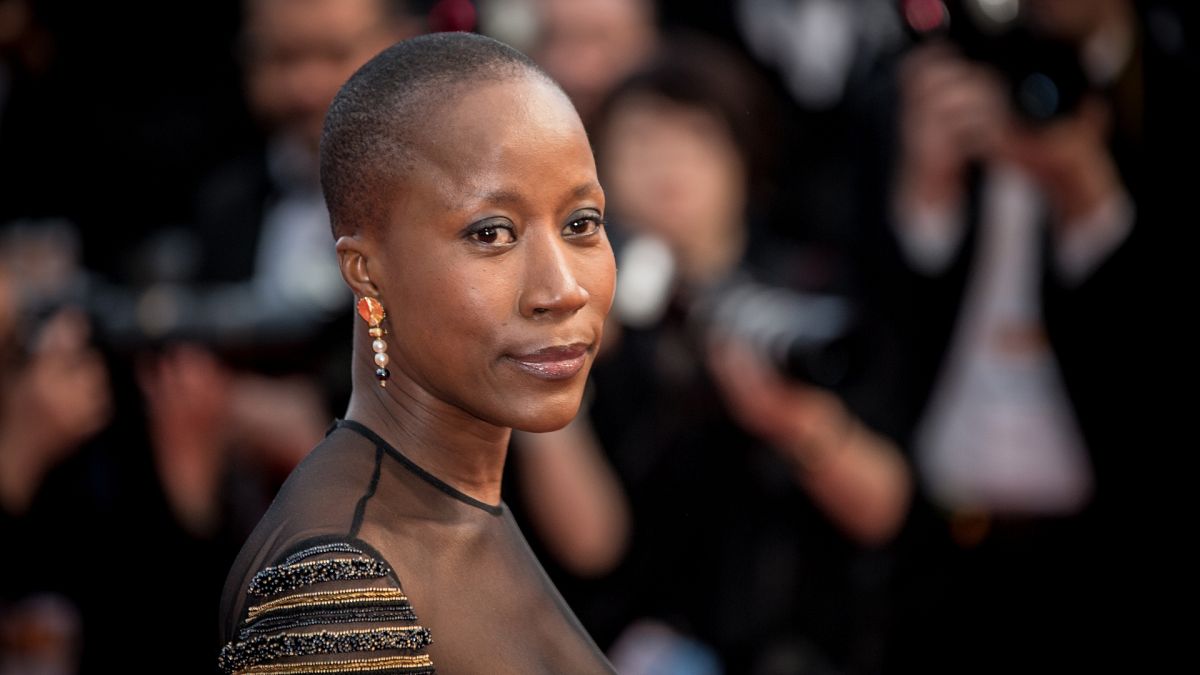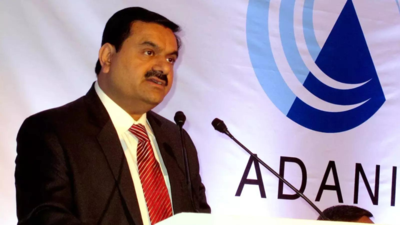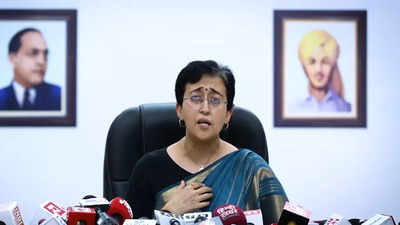The African investment climate is optimistic. The African Development Bank's 2024 outlook was explicit. Africa's economic performance was strong and shows resilience, but that performance has been slower than expected and uneven.
With challenges and global shocks, Africa's 2022 GDP growth slipped from 4.1 to 3.1 percent in 2023, yet, forecasters predict with smart policy and stable global conditions, it could climb to 3.
7 percent in 2024, and 4.3 percent in 2025, making it the second-fastest growing region in the world. To achieve this, African economies must diversify beyond resources and low-skill services, to education, energy, productivity-enhancing tech and innovation, and productive transport infrastructure.
This includes innovating areas such as agri-food and high-skilled services while developing market systems. The vast financing gap in these areas is about $402 billion (USD) annually. To close it, Africa must mobilize and scale, foster private investment, and support entrepreneurs, especially by empowering women through innovative finance.
Globally, one in six women intend to start a business; in Africa, it's an inspiring one in three, showcasing the continent's entrepreneurial spirit. Women are Africa's economic backbone. They comprise 58 percent of Africa's self-employed population and contribute 13 percent to the GDP.
Sub-Saharan women have amongst the highest rates of entrepreneurship at 26 percent. Globally, one in six women intend to start a business, in Afric.


















